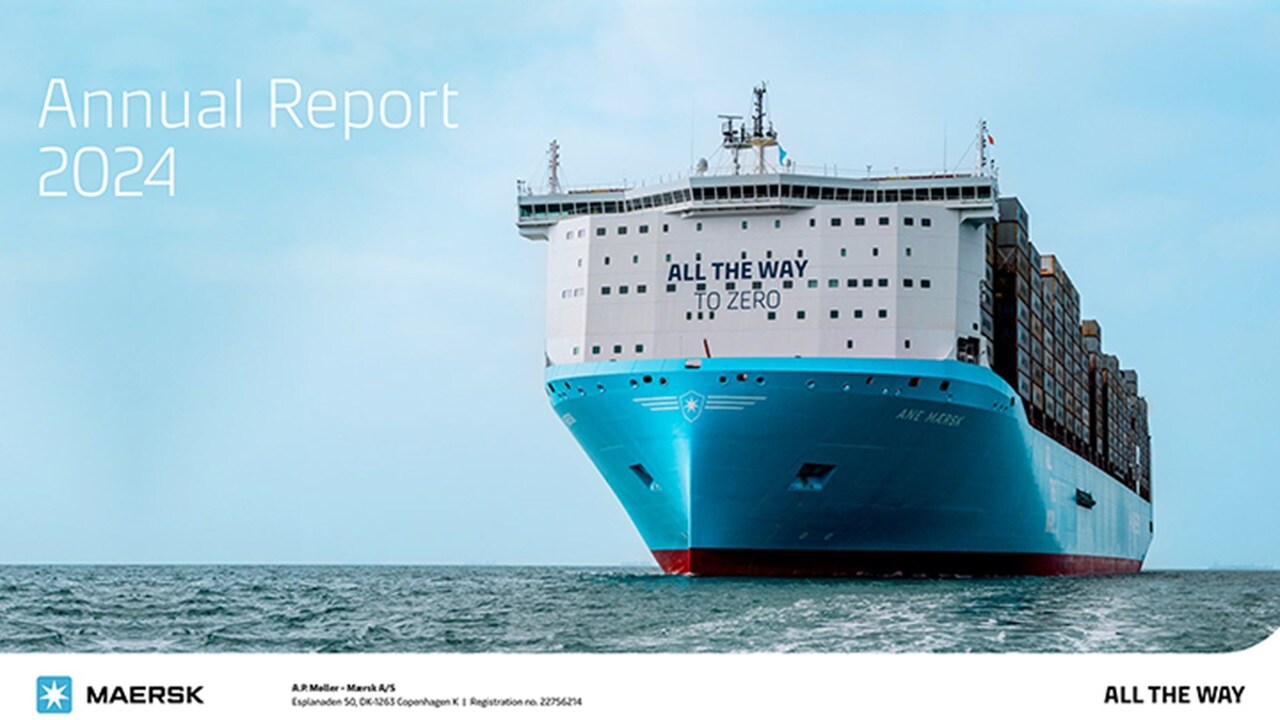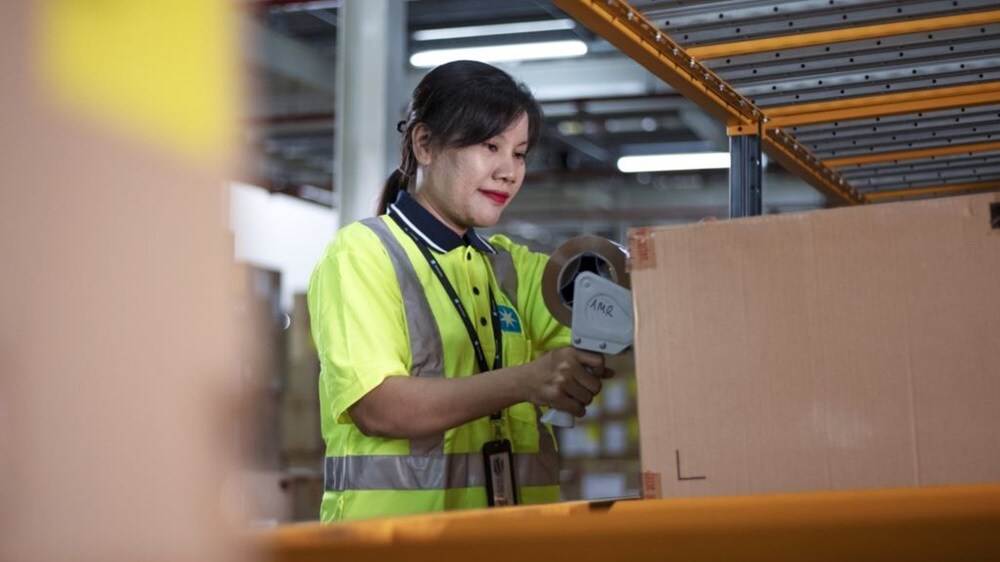
Human rights
Maersk is committed to respecting human rights, in line with the UN Guiding Principles on Business and Human Rights and as a long-standing signatory to the UN Global Compact.
Why human rights matters
Our conduct – in our own business and through our business relationships across our value chain – has the potential to impact society, both positively and negatively. Our recognition of this is closely connected to our purpose: “Improving life for all by integrating the world”. Increasing regulation and stakeholder expectations relating to human rights also confirm that this is an area where Maersk can and should take active responsibility.
Many of our ESG commitments touch on human rights: from our actions on climate change and supply chain sustainability, to the way we use data and build and recycle our vessels. Human rights perspectives inform and guide several categories in our ESG strategy and governance approach.
Our ambition
We continue to align our business practices with the UN Guiding Principles on Business and Human Rights and ensure that human rights considerations are integrated into our due diligence processes and ESG governance mechanisms.
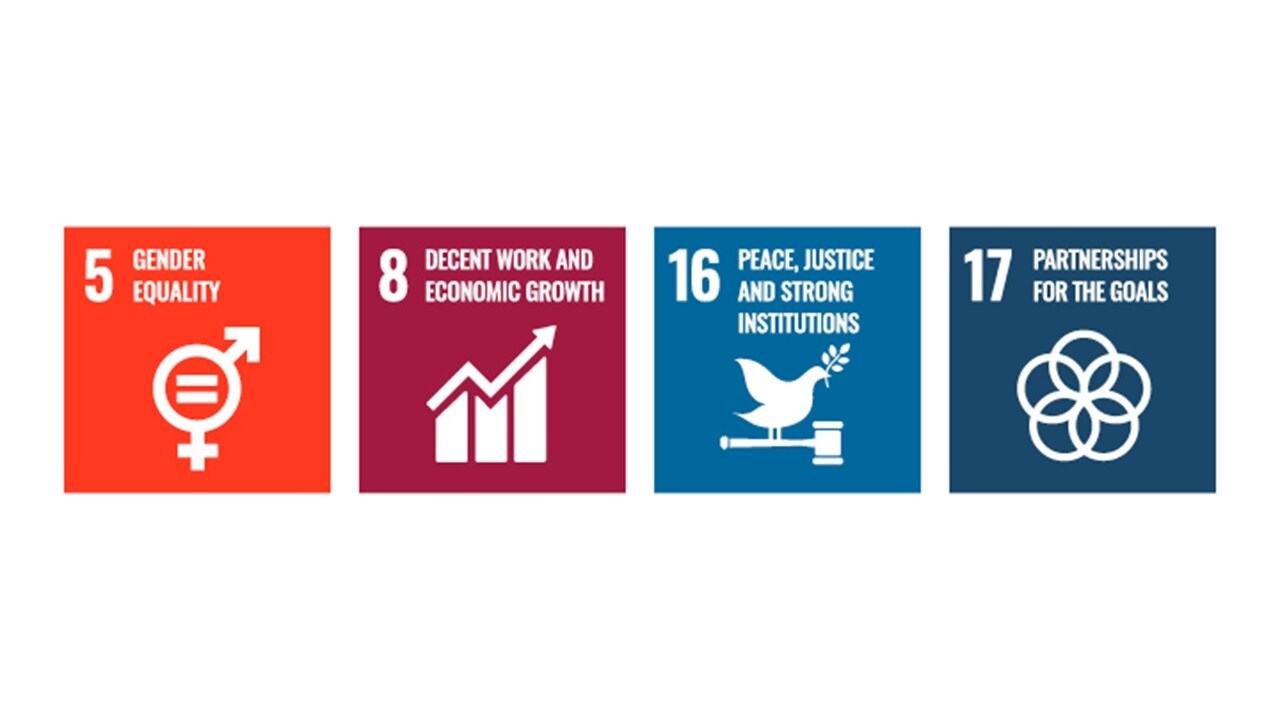
Our ongoing objectives
Priorities and actions
Featured highlights and case stories
Compliance with emerging regulations
In 2024, a key focus has been initiating preparations for compliance with the EU’s Corporate Sustainability Due Diligence Directive, which will be mandatory for Maersk from 2027.
As part of this, we continued engaging and training key functions and human rights issue owners to support and equip them with the knowledge and tools to handle dilemmas in a manner sensitive to potential human rights impacts.
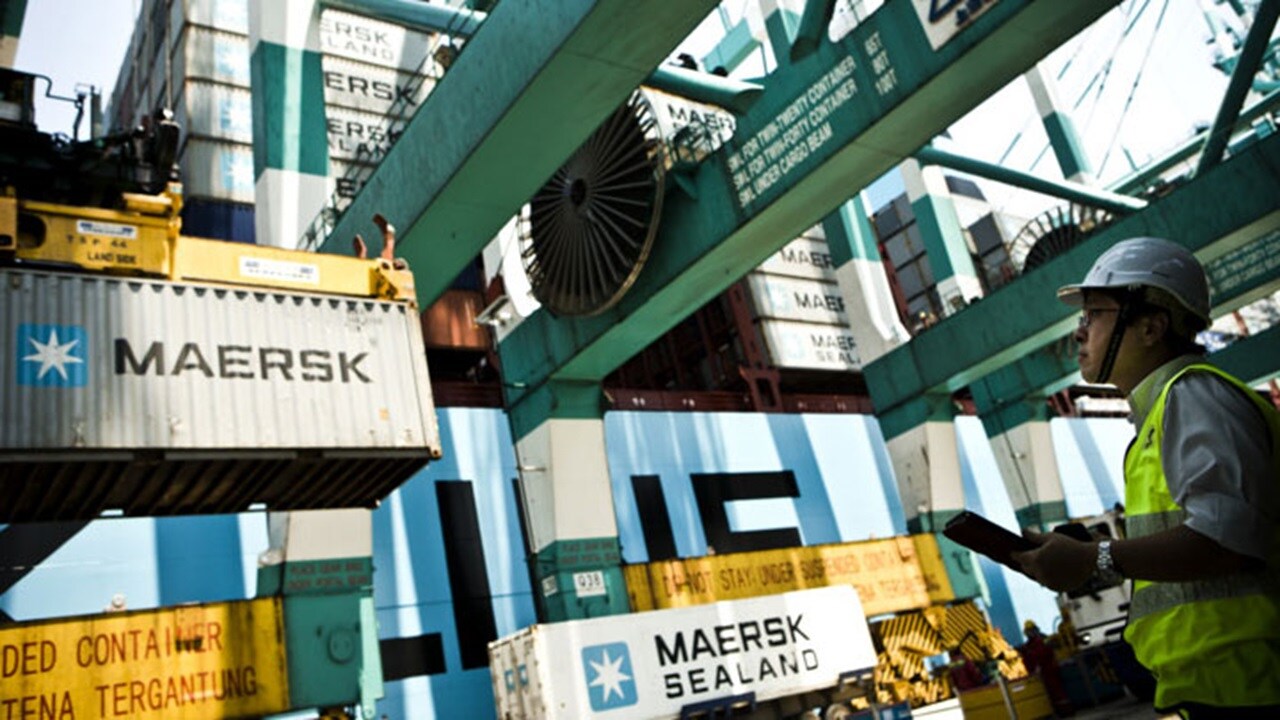
Green fuel sourcing
With our transition towards green fuels comes the need to consider emerging risks from new business activities such as the development of green fuel supply chains.
Maersk has a green fuel sourcing due diligence framework including the assessment of high-risk suppliers’ ability to identify and manage potential impacts on people , with the purpose of influencing suppliers’ mitigation of such potential impacts.
Maersk green fuel requirements
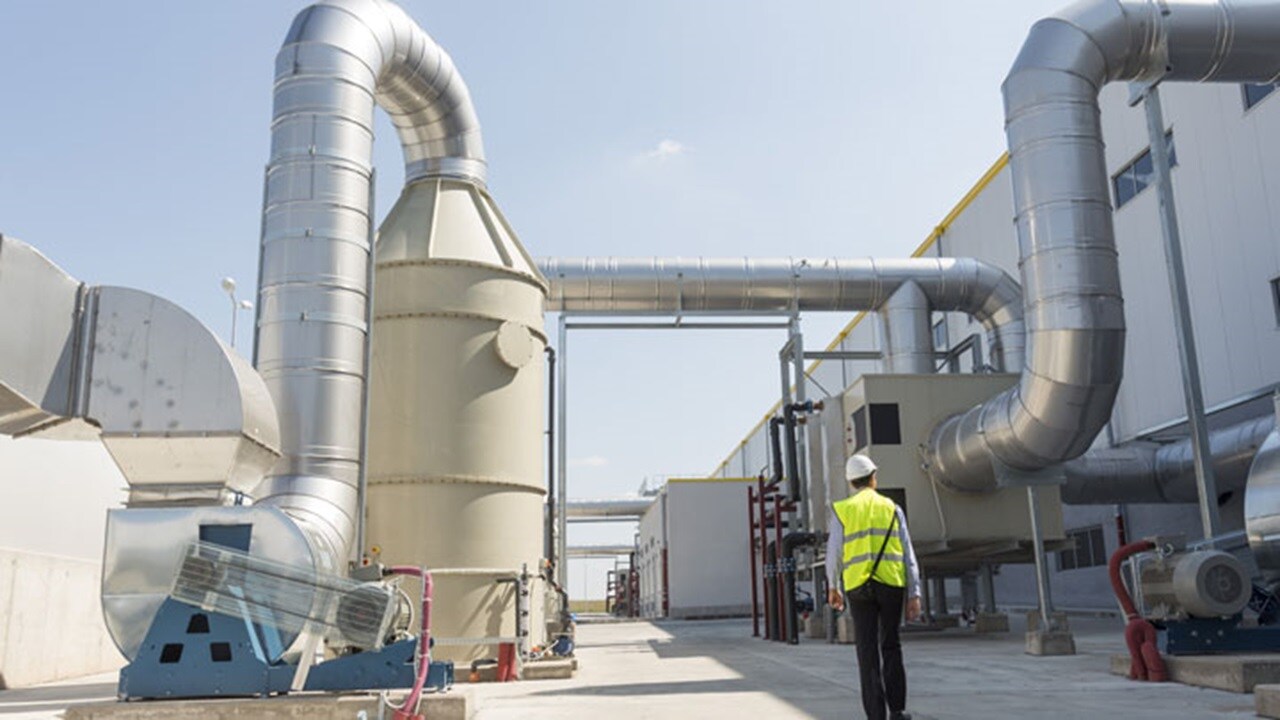
Annual Report 2024
